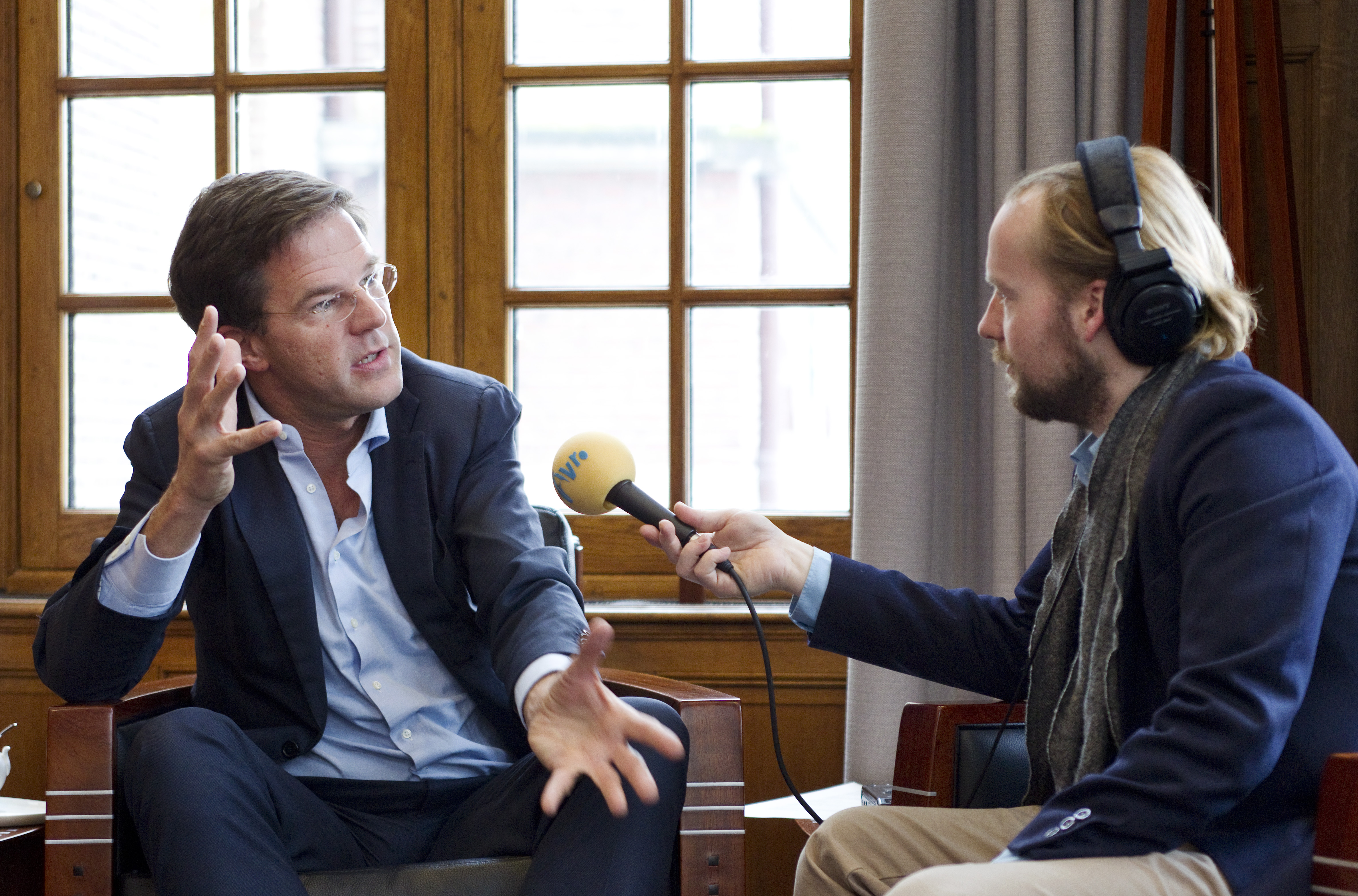When you sit down to interview someone, chances are high that you will have never met this person. They will be new, imposing, and probably more important than you. All of this may lead you to become nervous and scared, especially if the interview is going to be broadcast live.
Many people rank public speaking over the fear of death. All forms of interviewing are to some extent public speaking, and ones conducted on tv and radio definitely are. In fact, with one of these broadcast mediums, you can have an audience on tv and radio that far exceeds the number of people most would ever speak to in person.
To overcome these jitters all you need to do is become more adept at public speaking. This is easier said than done, but I have a few tips that might help you out.
1) Practice Makes Perfect

Even if you don’t have the confidence to publicly speak or talk to that important person at the interview table, do it anyway. One of the only ways to improve at this skill is to do it more often.
People who present Ted Talks and conduct interviews for a living are all practiced and seasoned veterans of the public speaking business.
A great way to practice is with stand up comedy. Find a comedy club, town hall debate, or poetry night near you (there are plenty on campus) that has an open mike night. Put some stuff together and then go try it out. On your first night, you will stink. But, That’s Ok. Keep trying eventually you will realize that, people don’t really care if you mess up.
Nobody likes to be embarrassed and least of all in a public setting. But to be a good public speaker you need to realize that you can fail “live on stage” and the world moves on. Once you realize that one mistake is not the end of the world, you will stop worrying about mistakes you will be more natural in all aspects of public speaking.
2) Fake It Till You Make It
When you get on the stage or sit down live at the mic, you may be scared out of your mind. Just think “What would a confident person do?” and do that.

Sit up straight. Adopt a comfortable, yet cool interveiwer pose. Making sure that you affect your mental attitude as well as your physical body. The idea is to trick your mind. If you try to think of yourself as a “pro interviewer” undoubtedly you will be that much closer to making it a reality.
Hopefully, my advice has given you something to think about, but to reiterate, first, practice your craft as much as you can. Second, try to fake confidence even if you have none. I know you have it in you, I did. Hopefully with hard work and dedication you will become the public speaking and interview master you know you can be in no time.
Catch you on the flip side.
-The Author

